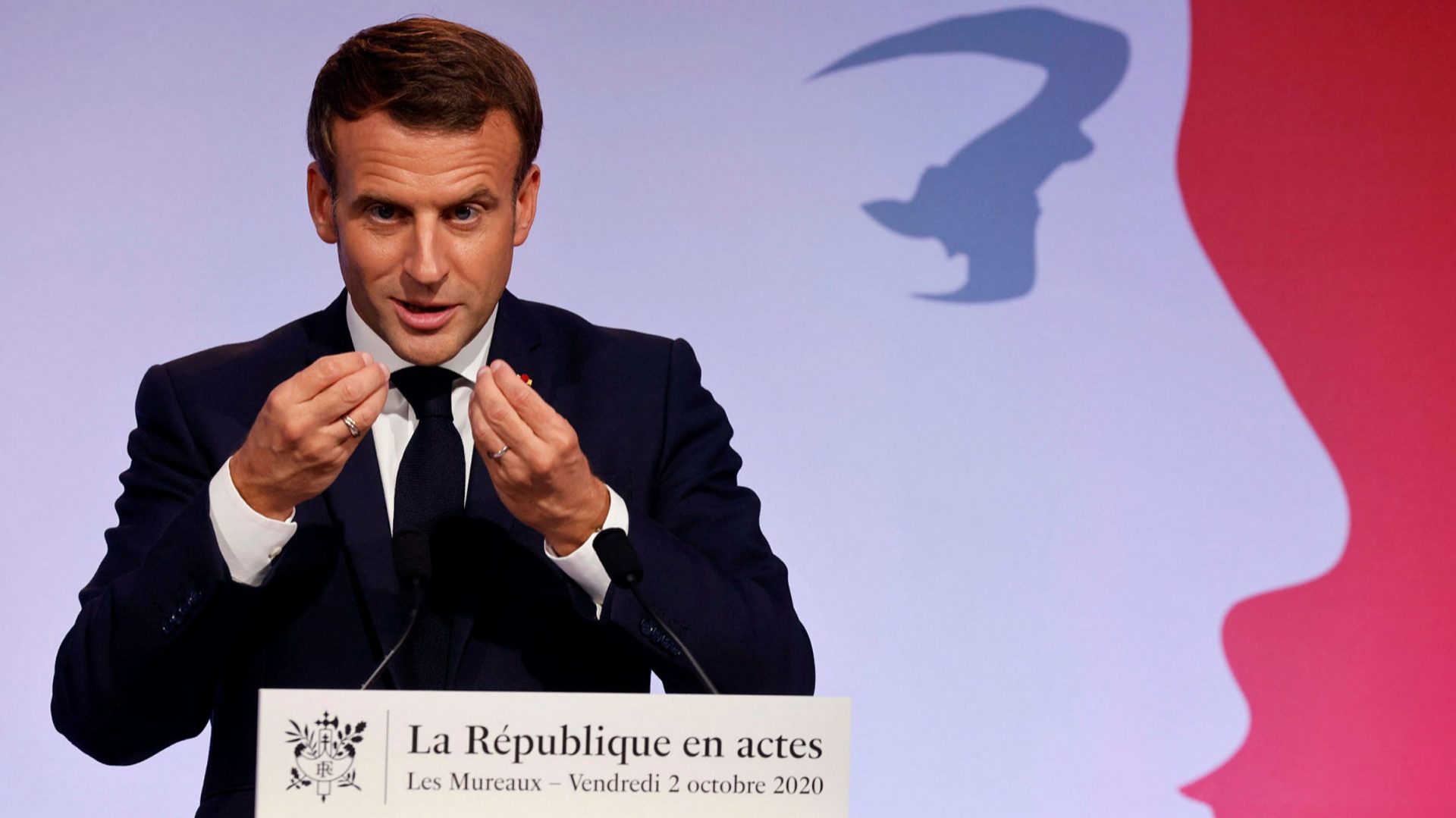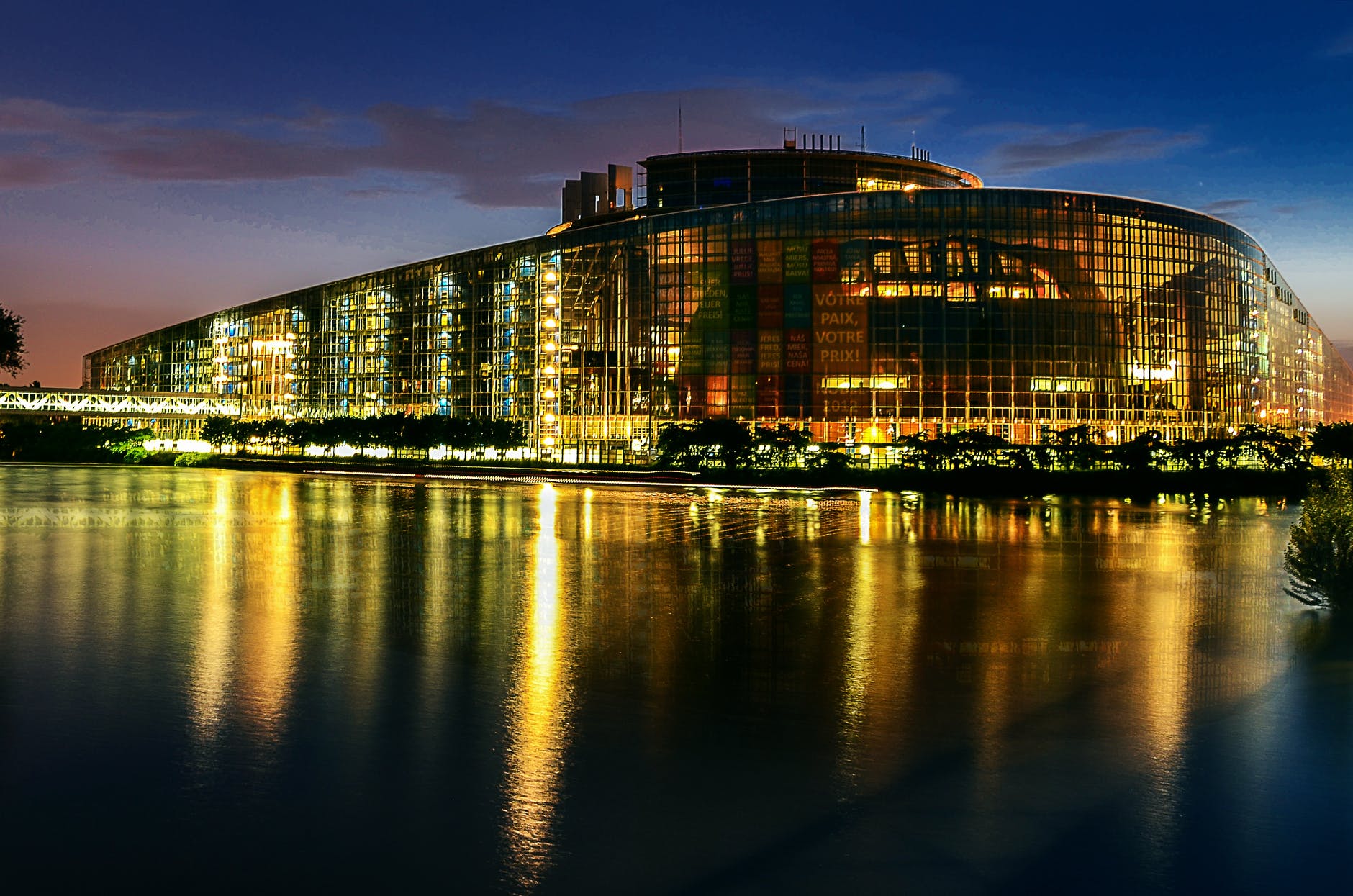Each year the Jewish Heritage Centre of Western Canada sponsors an essay contest named for the late Shoah survivor Mina Rosner. Mina Rosner dedicated many hours to educating people about the Shoah as well as the importance of combating racism and discrimination and upholding human rights.
Students in grades 9-12 are annually invited to submit essays on the subject of the Shoah and/or human rights. The winner of the Mina Ronser Human Rights Award receives a monetary prize.
The winner this year is Rosemund Ragetli, who graduated this past June from Westwood Collegiate. Interestingly, the previous year’s winner, Blake Edwards, was also a student at Westwood Collegiate. Special mention, therefore, must be made of Westwood history teacher, Kelly Hiebert, who not only teaches students about the Shoah, in 2019 he took students to Europe. As part of that trip students visited Auschwitz. Both Blake and Rosemund were part of the group that went on that trip.
Following is Rosemund Ragetli’s essay:
The Silence of History
In the relative comfort of everyday life, it is often difficult to relate our everyday lives with the atrocities of the Holocaust. It is imperative, however, that youth learn and connect with this history, understanding the responsibility each individual has to defend the rights of others. While the ability to seamlessly define the term ‘Holocaust’, or list the names and dates of major battles is an important aspect in forming a contextually accurate historiographic understanding, it is crucial the study of history be expanded; encompassing the significance of each individual life and the constant extrapolation of what may be learned from the past. During grade eleven, I travelled to Europe on a school trip focused on the Holocaust. My experiences in Warsaw, Auschwitz, Lidice, and Berlin forever changed my interpretation of history, bringing to life the magnitude and depth of this atrocity. My abstract and theoretical knowledge, based solely in classroom learning, became connected to the individual stories of those who once stood where I stood, bringing to life the reality of war and sacrifice in a new and extremely powerful manner.
As I walked through the Museum of the Polish Jews in Warsaw, I became transfixed by the complexity of the narrative. Spanning a thousand years, the connection between the Polish empire and the Jewish community was incredible. Throughout the eighteenth, nineteenth, and twentieth centuries, the Jewish population served an integral role within the development of Poland’s economy and social structure1 Jolanta Ambrosewicz-Jacobs and Leszek Hoñdo, eds., Why Should We Teach About the Holocaust?, trans. Michael Jacobs, vol. 2 (Cracow: The Jagiellonian University Institute of European Studies, 2005), ) pg. 17, a reality mirrored in many European nations. However, less than ten percent of these Polish Jews survived the Second World War2 Ibid. pg. 19 . Openly stated in the minutes of the Wannsee Conference, held in Berlin, January 1942, “The aim of all of this was to cleanse German living space of Jews in a legal manner”3 Jon E Lewis , ed., Voices From The Holocaust (London: Robinson, 2012) pg. 125. Within the book, Voices of the Holocaust, Filip Muller, a Sonderkommando from Auschwitz, describes the moment he came to understand this gruesome truth, “The damp stench of dead bodies and a cloud of stifling, biting smoke surged out towards us. Through the fumes I saw the vague outline of huge ovens. We were in the cremation room of the Auschwitz crematorium.”4 Ibid pg. 133
These chilling words rang in my ears as I stood in the Auschwitz barracks, filled with thousands of shoes, the glass case with baby clothing; they echoed on the walls as I stepped inside the crematorium with rows of ovens standing cold and silent. The people who died were no longer a statistic in a textbook, but individual people with lives, families, and dreams, some too young even to speak. As I walked the grounds of Auschwitz, I imagined myself stepping off the train and onto the platform. Our tour guide stopped in front of a blank brick wall, the spot where the camp orchestra played. As a violinist myself, I imagined that this may have been my task; to play for the other prisoners, perhaps my own family as they walked to their deaths. I stood in the silence of the Auschwitz tower, overlooking miles of barracks, alone with these painfully unavoidable thoughts, and I felt the overwhelming reality of suffering and loss.
Prior to our trip, we learned the history of Operation Anthropoid5 Branik Ceslav and Carmelo Lisciotto , “The Massacre at Lidice,” The Massacre at Lidice “The German Occupation of Europe” https://www.HolocaustResearchProject.org (Holocaust Education & Archive Research Team, 2008), ), and the devastating story of the Lidice massacre. In 1942, a group of Czech resistance fighters, working with the exiled Polish government in Britain, successfully assassinated Reinhard Heydrich, a high ranking Nazi official. In retaliation for this act, the German forces destroyed the neighbouring village of Lidice, systematically killing one hundred and seventy-two men, sending the women to Ravensbrück concentration camp, and all but nine children to Chelmno extermination camp6 Meilan Solly, “The Lost Children of the Lidice Massacre,” Smithsonian.com, September 12, 2018, accessed June 23, 2020, https://www.smithsonianmag.com/history/story-lidice-massacre-180970242/). Flattened to ruins, the Nazis proudly proclaimed that “the village of Lidice, its residents, and its very name, were now forever blotted from memory”7 Branik Ceslav and Carmelo Lisciotto , “The Massacre at Lidice,” The Massacre at Lidice “The German Occupation of Europe” https://www.HolocaustResearchProject.org (Holocaust Education & Archive Research Team, 2008), ).
Following the publication of this event, the international community was outraged. A member of the British Parliament founded the “Lidice Shall Live”8 Meilan Solly, “The Lost Children of the Lidice Massacre,” Smithsonian.com, September 12, 2018, accessed June 23, 2020, https://www.smithsonianmag.com/history/story-lidice-massacre-180970242/) campaign, immortalizing the tragedy within the media and on the global stage. This reaction was starkly juxtaposed by the notably restrained response from the Allies regarding the Final Solution. As a politically charged point of contention9 Ibid, the international community was wary to portray the Holocaust as a driving factor in the war, while the Lidice Massacre provided a “neutral and indisputably despicable example” of Nazi cruelty. In truth, nothing could prepare me, or anyone else for our visit to the Lidice memorial. I stepped out of the bus, overlooking a beautiful field, with a stream running through it, and a nearby forest. It was impossible to reconcile these two realities. As we walked through the grass, I could not comprehend how little there was left of the town; the foundation of a church, and a plaque where a house once stood. We stopped in front of the statues of eighty-two children who were murdered10 Ibid, and I struggled to quantify such atrocities. A village, a people and a way of life gone without the smallest trace.
Upon our arrival in Berlin the following day, we embarked on a walking tour of the city, visiting several Holocaust memorials. In particular, the Memorial to the Murdered Jews of Europe was a unique and deeply poignant monument, one which significantly impacted my understanding of the Holocaust. Spanning more than 19,000 square metres, 2711 concrete slabs stand, ranging in height from eight inches to over sixteen feet11 Sam Merrill and Leo Schmidt, eds., A Reader in Uncomfortable Heritage and Dark Tourism, Brandenburg University of Technology, 2010,, accessed June 26, 2020, ) pg. 127. These coffin-like structures silently stretch into a concrete graveyard, commemorating the millions of nameless Jews who died in the Holocaust. As I walked between the rows of concrete pillars, I lost track of time, feeling lost and singularly insignificant. Designed for one person to walk in solitude12 Ibid., pg. 135, I found myself alone between concrete coffins that stretched far above my head. I glanced up at the slits of sky visible and found myself contemplating the enormity of the Holocaust in a way I had not previously. This, I believe, was the purpose of the memorial; the realization that within the confines of such a immense structure, one person is rendered insignificant, just as an individual life may be forgotten among the millions of lives lost. The unchanging constancy of this monument was extremely thought provoking, connecting the colossal magnitude of the Holocaust to a deeply personal and unique experience.
The trip significantly impacted my interpretation of history, in a way I could never have anticipated. By stepping into the events of the past; walking the grounds of Auschwitz and Lidice, standing before the incredible monuments for the Holocaust, I gained a deeper and more personal understanding for the importance of history within my own life. The information I had learned in class was suddenly part of something much larger, the realization that while history is, of course, the study of past events, the true value lies in its application to the present and most importantly, the future. After returning home, I worked to fulfill this mission, studying history with a new appreciation, I joined the Westwood Historical Society in order to connect the atrocities of the Holocaust to the youth of my own generation.
As I toured the Museum of the Polish Jews, walked the grounds of Auschwitz, and stood before the Holocaust memorials in Lidice and Berlin, my interpretation of history changed forever. I understood that it is our mission, as youth, to not only learn history, but to connect and apply it to the future. A theoretical knowledge of the Holocaust must be linked to a personal understanding of its magnitude, with each individual life holding meaning beyond a statistical value. Within the ease of everyday life, this is an undeniably difficult reality to comprehend, but one that must be understood. We as a generation have a responsibility to remember these events, learning from the atrocities of the Holocaust before they fade into the anonymity and silence of history.
Bibliography:
Ambrosewicz-Jacobs, Jolanta, and Leszek Hoñdo, eds. Why Should We Teach About the Holocaust? Translated by Michael Jacobs. 2. Vol. 2. Cracow: The Jagiellonian University Institute of European Studies, 2005. .
Blicq, Andy. “Return to Buchach.” Vimeo. CBC, 2011. .
Ceslav , Branik, and Carmelo Lisciotto . “The Massacre at Lidice.” The Massacre at Lidice “The German Occupation of Europe” https://www.HolocaustResearchProject.org. Holocaust Education & Archive Research Team, 2008. .
Lewis , Jon E, ed. Voices From The Holocaust. London: Robinson, 2012.
Merrill, Sam, and Leo Schmidt, eds. A Reader in Uncomfortable Heritage and Dark Tourism. Brandenburg University of Technology. 2010. Accessed June 26, 2020. .
Rosner, Mina. I Am a Witness . Winnipeg, Manitoba: Hyperion Press, 1990. .
Solly, Meilan. “The Lost Children of the Lidice Massacre.” Smithsonian.com. September 12, 2018. Accessed June 23, 2020. .
Kossak-Szczucka, Zofia. “‘Protest!” of the Underground Front for the Rebirth of Poland 1942.” Source texts Poles and the Holocaust. Accessed June 8, 2020. .














